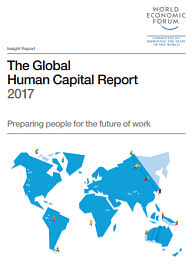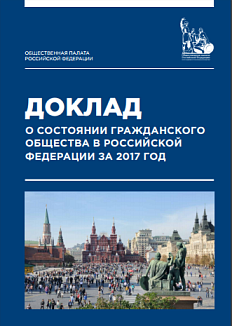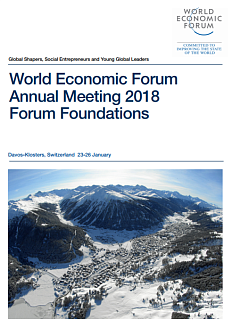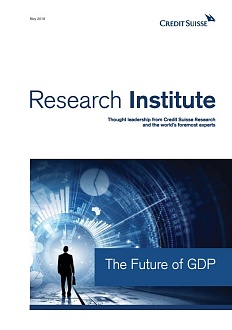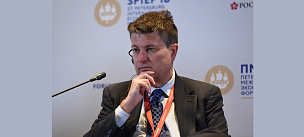The overall success of the state depends largely on the extent to which the state manages to develop its human capital. At the same time, the development of human capital even prevails over other factors affecting the well-being of the country. By «human capital» we mean the knowledge and skills people possess that enable them to create value in the global economic system. Human capital is not defined solely through formal education and skilling. It can be enhanced over time, growing through useand depreciating through lack of use.
The Global Human Capital Report 2017 proposes a new benchmark to build the workforces of the future. The approach it advocates, based on the principle that all people deserve an equal opportunity to develop their talents, to navigate the changes from the current wave of automation and successfully navigate the transition to the Fourth Industrial Revolution.
The Global Human Capital Report 2017 ranks 130 countries on how well they are developing their human capital on a scale from 0 (worst) to 100 (best) across four thematic subindexesCapacity, Deployment, Development and Know-howand five distinct age groups or generations 014 years; 1524 years; 2554 years; 5564 years; and 65 years and over to capture the full human capital potential profile of a country. It can be used as a tool for assessing progress in countries and indicates opportunities for learning and exchange by countries.
On average, the world has developed only 62% of its human capital as measured by this Index. Or, conversely, nations are neglecting or wasting, on average, 38% of their talent. Across the Index, there are only 25 nations that have tapped 70% of their peoples human capital or more. In addition, 50 countries score between 60% and 70%. A further 41 countries score between 50% and 60%, while 14 countries remain below 50%, meaning these nations are currently leveraging less than half of their human capital.
.png)


